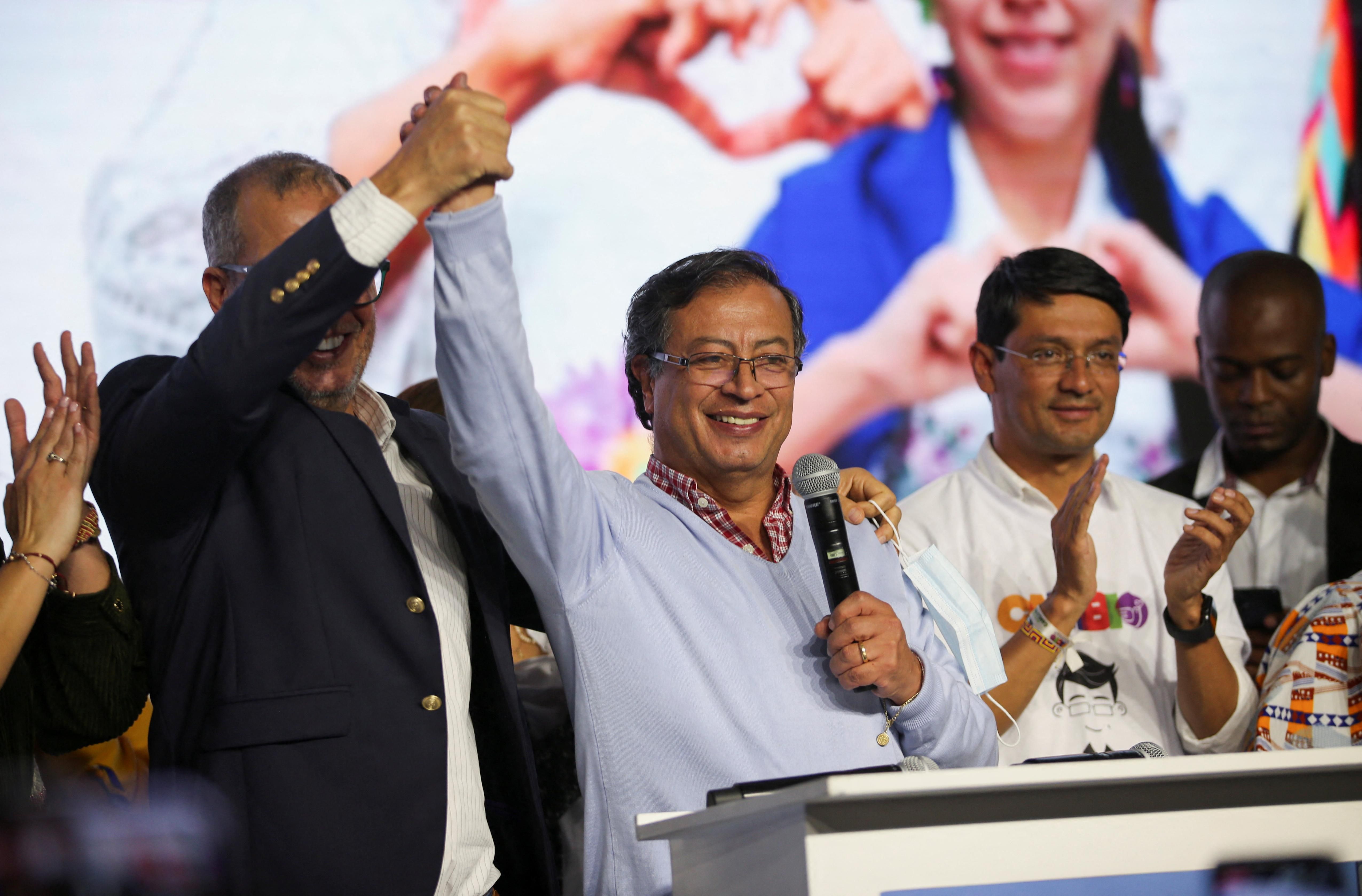What We're Watching: Colombian presidential frontrunner, trouble in Corsica
Left-winger Petro is Colombia’s man to beat
Gustavo Petro ran the table in Sunday’s presidential primaries, drawing more votes from his Historic Pact Party’s voters alone than the winning candidates of the other two party primaries combined. In the May 29 first-round general vote Petro, a one-time guerrilla and former mayor of Bogotá, will face off against a bevy of at least five candidates, the strongest of whom include two former mayors of Medellín, the centrist Sergio Fajardo and right-winger Federico Gutierrez. But having surpassed 40 percent in recent polls, Petro could be on track to win outright in the first round. If he did, it would be a political earthquake in a country where decades of war with Marxist guerrillas had long kept national politics firmly on the center right. Petro has called for higher taxes on the wealthiest Colombians, ambitious land reform to help peasant farmers, and wants to shutter the country’s oil industry, which accounts for half of all export revenue. The country’s traditional political and business interests are naturally alarmed — so buckle up for what will be an exceedingly nasty campaign homestretch in South America’s third-largest economy and a major US ally.
